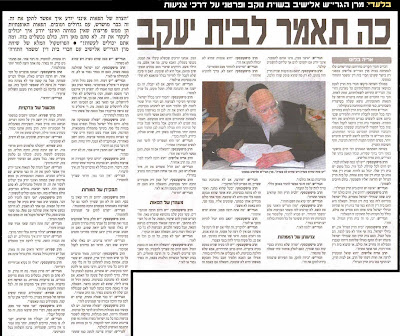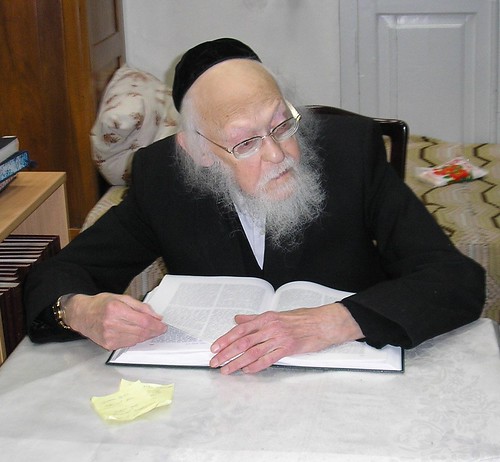Time
For his day, the Prophet Muhammad was a feminist. The doctrine he laid out as the revealed word of God considerably improved the status of women in 7th century Arabia. In local pagan society, it was the custom to bury alive unwanted female newborns; Islam prohibited the practice. Women had been treated as possessions of their husbands; Islamic law made the education of girls a sacred duty and gave women the right to own and inherit property. Muhammad even decreed that sexual satisfaction was a woman's entitlement. He was a liberal at home as well as in the pulpit. The Prophet darned his own garments and among his wives and concubines had a trader, a warrior, a leatherworker and an imam.
Of course, ancient advances do not mean that much to women 14 centuries later if reform is, rather than a process, a historical blip subject to reversal. While it is impossible, given their diversity, to paint one picture of women living under Islam today, it is clear that the religion has been used in most Muslim countries not to liberate but to entrench inequality. The Taliban, with its fanatical subjugation of the female sex, occupies an extreme, but it nevertheless belongs on a continuum that includes, not so far down the line, Saudi Arabia, Kuwait, Pakistan and the relatively moderate states of Egypt and Jordan. Where Muslims have afforded women the greatest degree of equality--in Turkey--they have done so by overthrowing Islamic precepts in favor of secular rule. As Riffat Hassan, professor of religious studies at the University of Louisville, puts it, "The way Islam has been practiced in most Muslim societies for centuries has left millions of Muslim women with battered bodies, minds and souls."[...]
For his day, the Prophet Muhammad was a feminist. The doctrine he laid out as the revealed word of God considerably improved the status of women in 7th century Arabia. In local pagan society, it was the custom to bury alive unwanted female newborns; Islam prohibited the practice. Women had been treated as possessions of their husbands; Islamic law made the education of girls a sacred duty and gave women the right to own and inherit property. Muhammad even decreed that sexual satisfaction was a woman's entitlement. He was a liberal at home as well as in the pulpit. The Prophet darned his own garments and among his wives and concubines had a trader, a warrior, a leatherworker and an imam.
Of course, ancient advances do not mean that much to women 14 centuries later if reform is, rather than a process, a historical blip subject to reversal. While it is impossible, given their diversity, to paint one picture of women living under Islam today, it is clear that the religion has been used in most Muslim countries not to liberate but to entrench inequality. The Taliban, with its fanatical subjugation of the female sex, occupies an extreme, but it nevertheless belongs on a continuum that includes, not so far down the line, Saudi Arabia, Kuwait, Pakistan and the relatively moderate states of Egypt and Jordan. Where Muslims have afforded women the greatest degree of equality--in Turkey--they have done so by overthrowing Islamic precepts in favor of secular rule. As Riffat Hassan, professor of religious studies at the University of Louisville, puts it, "The way Islam has been practiced in most Muslim societies for centuries has left millions of Muslim women with battered bodies, minds and souls."[...]


